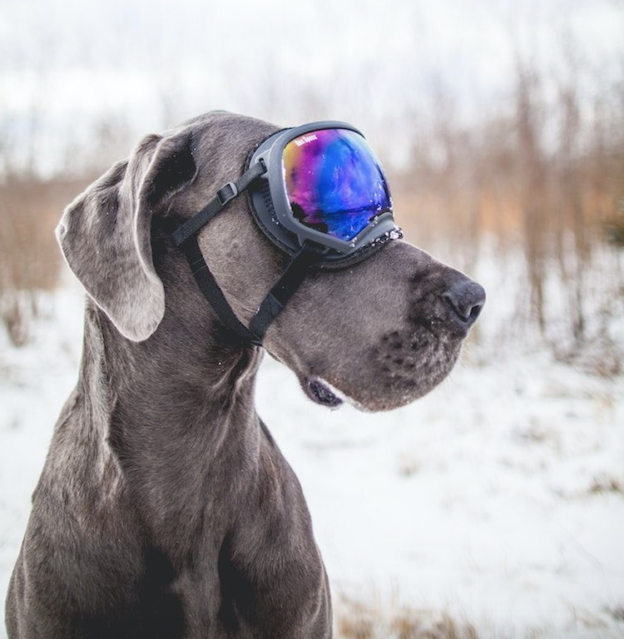As soon as it starts getting colder out, skiers start looking ahead to the season. Ski resorts are starting to get the first snowfalls and everyone is tuning up their gear and getting their passes so they’re ready to hit the slopes. It’s easy to fall in love with this sport and every season new skiers join the masses heading to the slopes to learn how to ski. If this is your first time skiing, it’s important to learn the common mistakes made by beginners so you can avoid them. It’s better to learn them before you hit the trails and commit them yourself.
1. Going in with no experience.
It’s okay starting to learn to ski as a first-timer, but you don’t want to immediately hit the intermediate slopes without going through the beginner steps first. “Just because you read about what to do online, watched videos, or think you can imitate your friend and wing it, it doesn’t mean you can. Not only is that an incredibly difficult way to learn to ski, it’s extremely dangerous as well. Not only are you risking serious injury yourself but you’re putting everyone else on the slopes at risk as well,” explains Paul Hicks, a travel blogger at Best AU Writing Services and BoomEssays. Look into getting a lesson with an instructor at a resort near you, so you can learn important skills like stopping, turning, managing your speed, falling, and more. Once you have learned these basics, you still want to proceed at a regular pace before heading straight to the black diamonds
2. Ditching the sunscreen.
Sunscreen isn’t just for hot summer days but it’s also an important routine in the winter, especially when you’re skiing. In these cases you’re at a higher altitude and there’s sunshine reflecting from the snow so you need to protect your skin. UV rays can also penetrate through clouds so even if it’s a cloudy day, lather on the sunscreen. The last thing you want is a bad sunburn to ruin your first experience skiing and all seasoned skiers are sure to follow this tip.
3. Buying your equipment before testing it.
Buying ski equipment can be very expensive when you add up the skis, boots, helmets, goggles, etc. and you want to make sure you’re getting good quality gear. Before you buy it, you want to test it out to make sure it works best for you. A great way to do this is through ski rental shops so you can try out different options and get insight from experienced staff members who will get you properly outfitted. Getting it right like your boot size and ski length is important to be able to control your skis and avoid serious injuries.
“Some ski resorts have ski rental shops at the hill so you can get your gear rented at the base of the hill and test it out immediately. That way, once you’re confident and comfortable with the gear you’ve tried, you can buy it knowing it’ll be the right fit for you,” says Danielle Adams, an instructor at UK Writings and Best Essay Services.
4. Getting the wrong fabric.
Even though you’re spending the day outside in winter, you can’t just buy any warm clothing and assume it’ll do the trick. When you’re learning to ski, you’ll be falling down a lot, so it’s important that your clothes are able to dry quickly. This type of fabric is called “wicking” so that the moisture will evaporate instead of being absorbed by your clothes, and you can find that in polyester, wool, silk and polypropylene. Avoid cottons, jeans, and other fabrics that will stay damp when you sweat or fall in the snow. Learn about clothing that’s made for snow sports and how to layer your clothing and you won’t regret it.
5. Forgetting to hydrate.
Both beginners and seasoned skiers are guilty of making this mistake, which is forgetting to hydrate enough on the hills. Some skiers avoid drinking because they don’t want to go on bathroom breaks, while others don’t want to bring water bottles with them, and sometimes it’s just forgetfulness because of the cold weather. No matter the reason, it’s very important to stay hydrated because you’re engaging in a physical activity. Being dehydrated will affect your muscles, you’ll get tired, and you become at higher risk of accident or injury. This becomes even more important at high altitudes. Think about investing in a small camel back or another similar water bottle that isn’t bulky.
Beatrix Potter, an avid hiker and skier, works at Assignment Help Australia and Essay Services. She writes articles about sports, winter and summer travel destinations, and safety and nutrition associated with high performance sports. In her free time, she is always outdoors exploring new mountains and valleys. Also, Beatrix writes for Eliteassignmenthelp.com.








